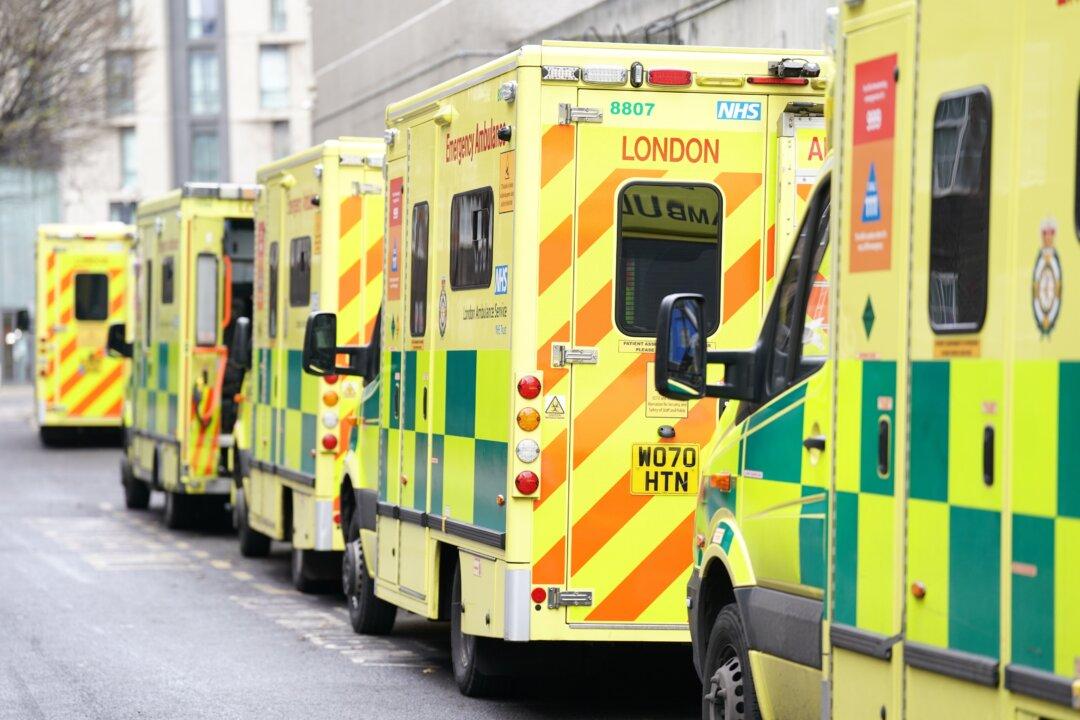The Unite union has called off planned ambulance strikes in England in order to enter pay talks with the UK government.
Union members at ambulance trusts in the West Midlands, northwest, south central, south coastal, and East Midlands had planned to strike on Monday. But the Unite union paused the strike action on Sunday afternoon.





